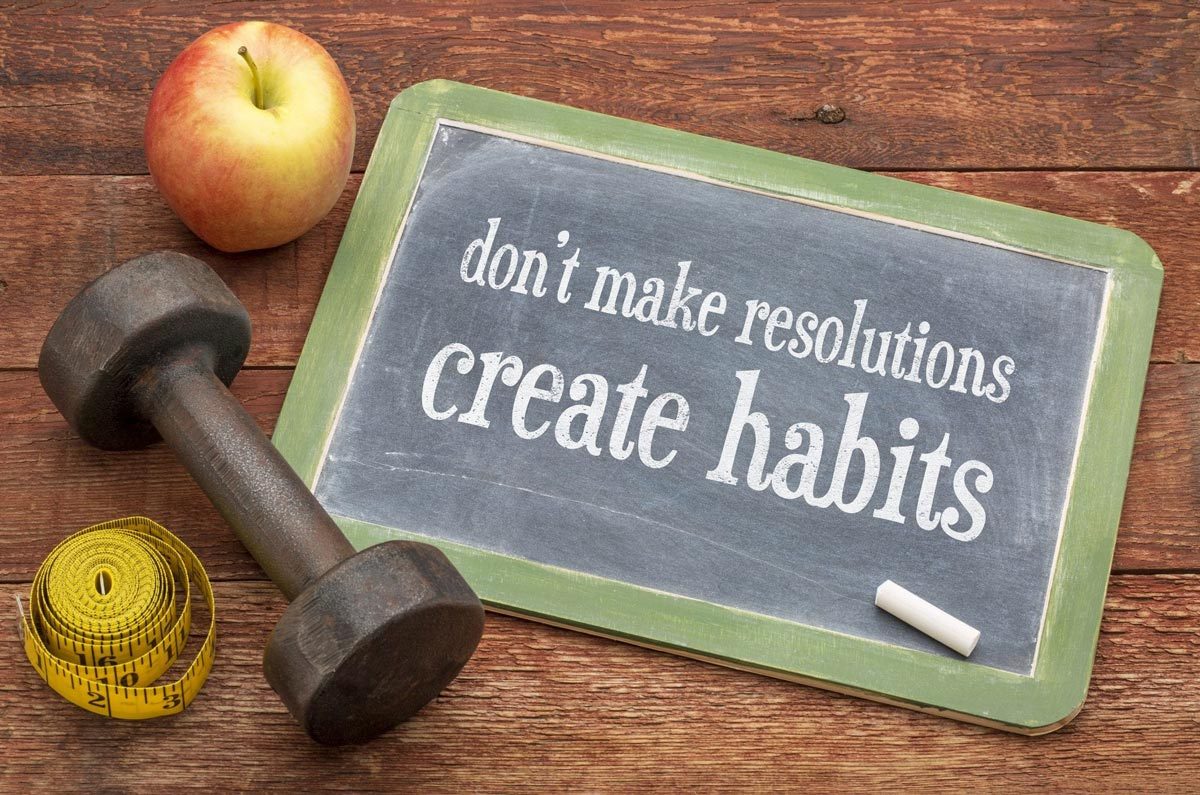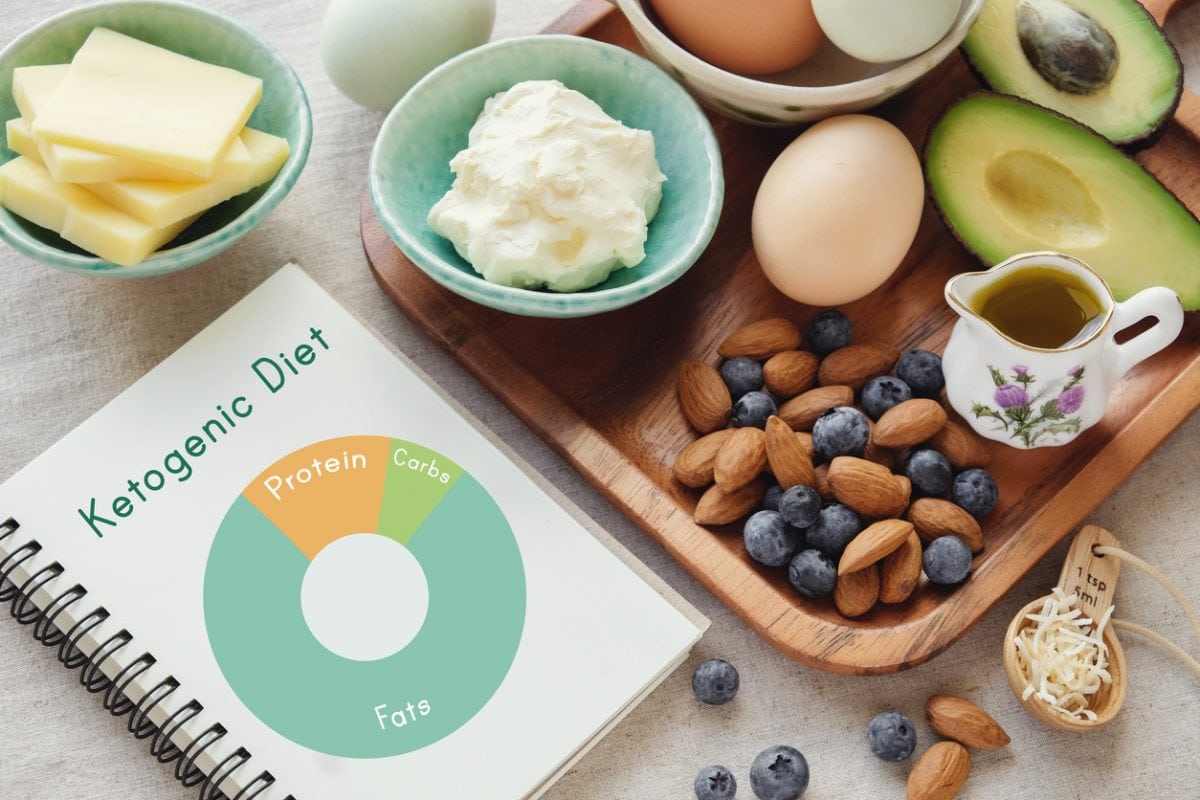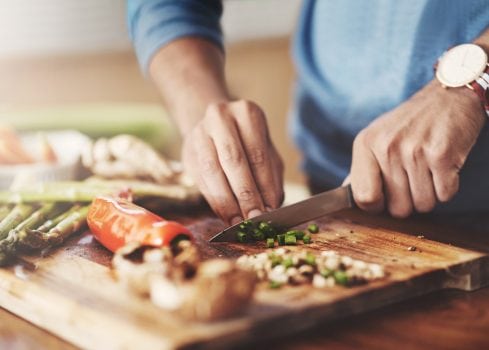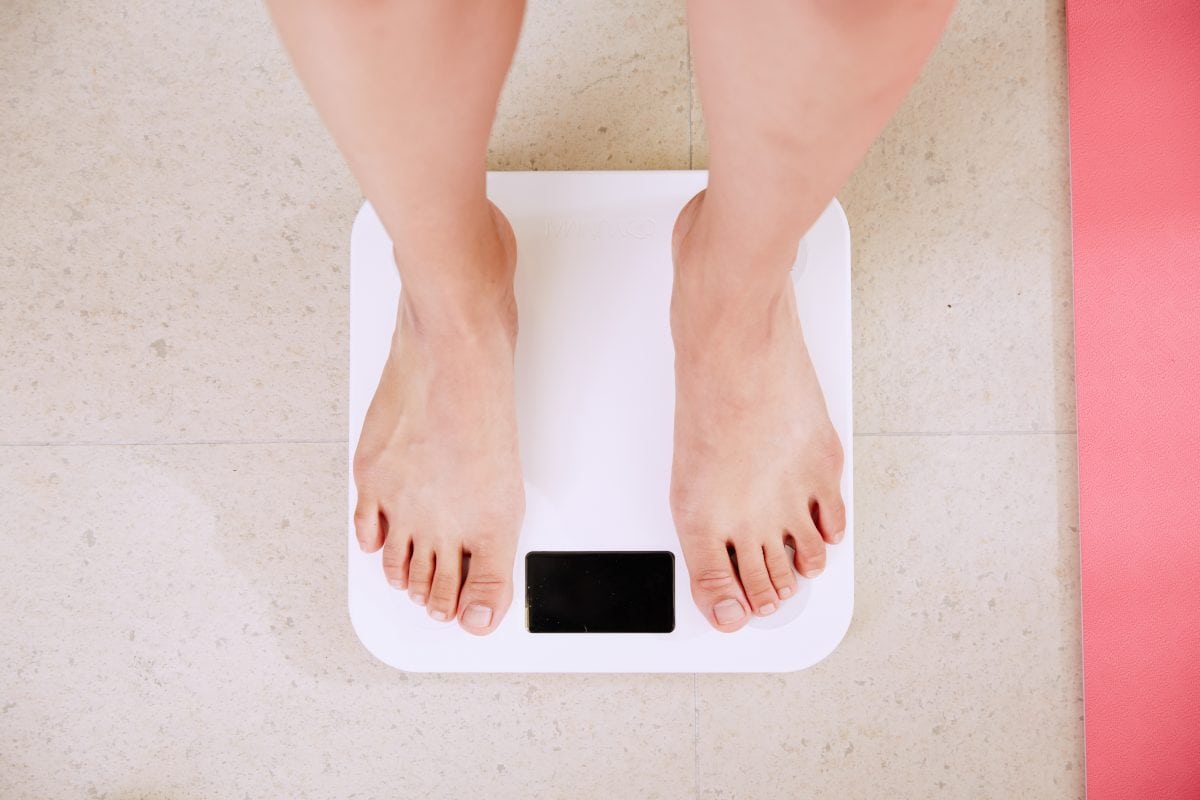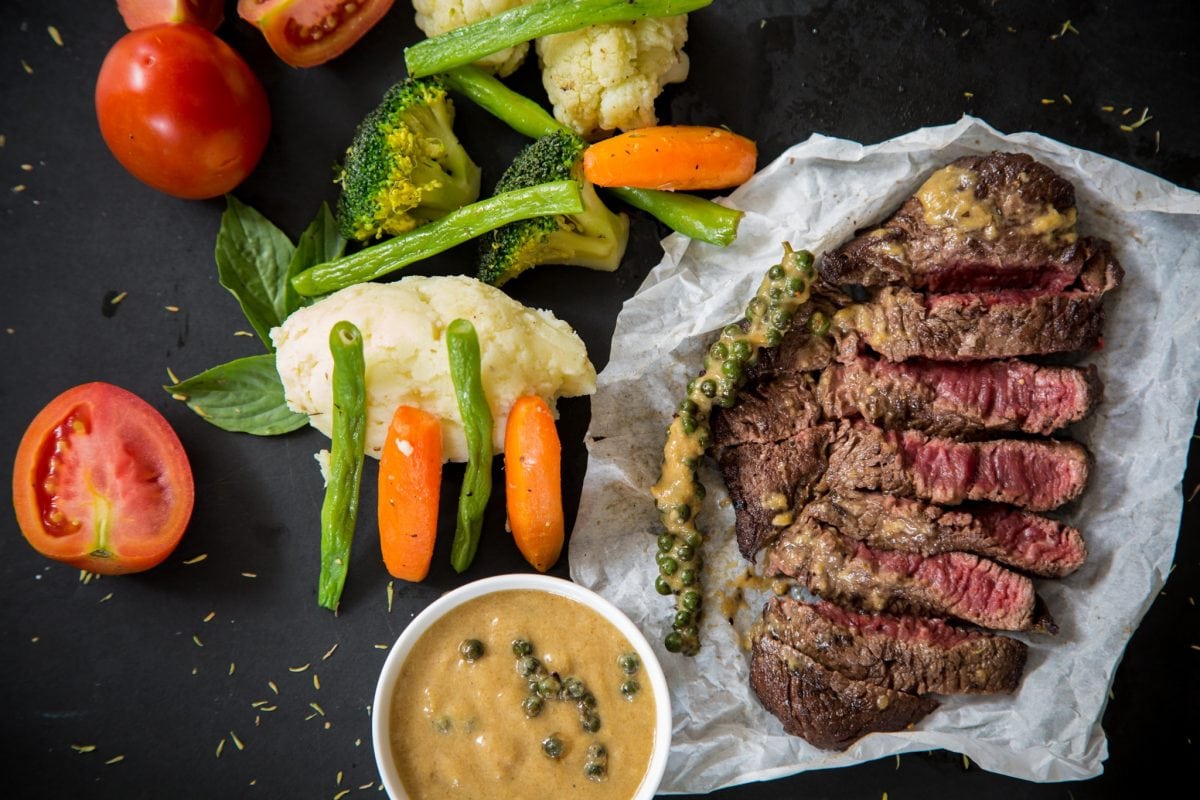Virta Health continues to revolutionize the treatment of diabetes. And they are doing it while taking drugs away!
They recently released their study of cardiovascular risk data which, no surprise to me, shows significant improvement in patients’ risk profile. This impressive lifestyle study contrasts sharply with the other side of the coin- promoting drugs to drive LDL to a near zero level in the hopes of helping patients. That’s the other study I read last week, and I was much less excited about it.
Two wildly different approaches with wildly different magnitude of benefit. Let’s dig deeper to learn more….
The Virta Health Study:
The Virta Health trial enrolled subjects with diabetes, mean age was 54 years old, and they were obese on average with a BMI 40. After 1 year, they had the following results:
-
LDL particle number decreased by almost 5%,
-
Small LDL decreased by 20%,
-
Apo A1 increased by almost 10%,
-
TG decreased by 24%,
-
HDL increased by 18%,
-
TG/HDL radio decreased by almost 30%,
-
Large VLDL particles decreased by 38%,
-
CRP decreased by almost 40%,
-
The 10-year calculated risk went down by 11% ,
-
No change in CIMT, and
-
LDL-C went up by 10%.
EVERYTHING IMPROVED! Except for a small increase in LDL-C.
The first question this study forces us to ask, therefore, is should we care about the LDL-C? That is the only marker that went “the wrong” way, increasing 10%. But that is in the face of the LDL-P decreasing, the size of the LDL improving, and dramatic improvements in HDL and TG. All things that are likely protective against CAD.
Going all the way back to Dr. Castulli and the Framingham data, we know that LDL-C is a very poor predictor of CVD in the setting on high HDL. We also know that markers such as LDL-P and non-HDL cholesterol are better predictors of CVD than LDL-C.
So, in short, the answer is no. We should not be concerned with a 10% increase in LDL-C in this setting.
The second question is this. Does this data show that one year on a ketogenic diet is BENEFICIAL for heart health?
The original assumption within the medical community was that a ketogenic diet would be harmful and lead us to our grave (as many docs still believe).
The times they are a changin.’
Based on this data, the question has changed significantly. We should no longer concern ourselves with wondering if a very low carbohydrate, ketogenic diet could be harmful. The data is overwhelming that it is not. Instead, we need to ask if this diet protects us from heart disease.
Of course, we would need long term outcome data to show us that for certain. But in the absence of that, the most recent Virta Health data provides a strong vote of confidence that a very low carbohydrate ketogenic diet is likely cardioprotective.
That is my kind of medical science. Showing that lifestyle changes promote health. Clean and simple.
The Drug Trials- PCSK9i
The Virta Health study contrasts sharply with another paper I read recently, one that claims it is safe and beneficial to lower LDL as low as possible, the so called “Zero LDL hypothesis.”
I have to admit, I started reading with a heavy contrary bias. I wanted to rip it apart and find all the shortcomings in the paper. There were plenty, but I also have to admit that there are some very well thought out and well-argued points.
The general argument is that statins and PCSK9i are able to lower LDL to extremely low levels without documented significant adverse effects thus far. Therefore, there is no “floor” for how low we should drive down LDL.
Both statins and PCSK9i work by increasing the efficacy of LDL receptors, but they allow other compensatory mechanisms to remain functioning. For instance, the authors describe “back up” mechanisms for maintaining neuronal health, hormone synthesis, and even vitamin E transport (all of which are theoretical concerns with lowering LDL). They argue, since the back-up systems prevent adverse outcomes, and PCSK9i studies have gotten LDL down to 30, we can therefore safely drive LDL down to zero.
That’s a stretch that remains to be proven. However, the main question they fail to answer is this: Is worth the effort?
Once again, we see studies generating a tremendous amount of publicity and praise for underwhelming and conflicting results. Here’s what I mean:
The first big trial with PCSK9i was called the FOURIER trial. They enrolled patients with known cardiovascular disease and added PCSK9i or placebo to their current care. After 2 years, the PCSK9i drug reduced LDL by 60% to a median level of 30mg/dl (lower than any other major trial). The results? There was a small decrease in non-fatal heart attacks (1.2%), with absolutely no improvement in mortality. It did not save a single life.
The second trial that got even more attention was the Odessey trial. They enrolled individuals with a recent cardiac event and added PCSK9i or placebo to their standard care. After 2.8 years they lowered LDL by 61% to an average level of 53mg/dl. Again, there was a very small 1.5% reduction in a combined primary endpoint. In reality, this is negligible clinically even though it is statistically significant.
Where the trials differed, however, was that Odessey showed a very small reduction in all-cause mortality of 0.6%., whereas Fourier did not.
But here is where it gets complicated. What the press and mainstream cardiology societies don’t tell us is that because of the way the trial was structured, this is not a truly significant finding. It had a weakly positive p value, but since cardiac mortality was not decreased, it invalidated the all-cause mortality. Don’t worry. I don’t completely understand this part either. But I’m told that’s how statistics work in this case.
In summary, despite lowering LDL cholesterol to levels lower than we have even seen before with drug therapy, the benefits were underwhelming. If LDL was the true cause of heart disease, there should have been breath takingly dramatic benefits. Yet, one trial showed no improvement in all-cause mortality. One may have shown an improvement, but the trial can’t really claim that.
Yet somehow the conclusion is that now we should drive LDL down to zero. Where did that come from????
First Do No Harm
The belief that we should drive ldl to zero with drugs comes from the inherent bias in modern medicine: When it comes to drug therapy, “more is better,” and drugs are the best choice for treatment.
After all, the trials “proved” that the drugs were safe with no significant increase in adverse effects, right? Not so fast. Lack of side effects at 2 years is not very reassuring for a drug people will be on for decades. There is plenty of concern about long term effects of near zero LDL levels, even if the authors postulate ways the body will compensate. To counteract that concern, the benefits better be monumental.
After all, the medical oath is “First do no harm”. Not “First assume there will be no harm”.
And more importantly, just because we can treat LDL to near zero, doesn’t mean we should. If we aren’t helping people live longer or live better, then what are we accomplishing?
Instead of talking about zero LDLs, we should be talking more about Virta Health. They showed the ability to reverse one of the most common chronic diseases we face with simple lifestyle interventions. And they did it while improving cardiovascular risk factors and getting people off of their medications. In my eyes, that deserves a ticker tape parade.
My take home message: Lifestyle beats drugs. Commit to lifestyle change and the argument about reducing your LDL to zero is a non-factor.
What’s your take home message? Let us know your thoughts or if you have questions at www.LowCarbCardiologist.com
Thanks for reading
Bret Scher, MD FACC
Founder, Boundless Health
www.LowCarbCardiolgist.com

